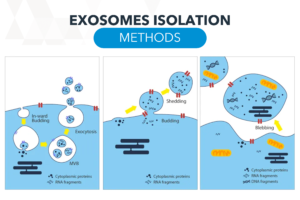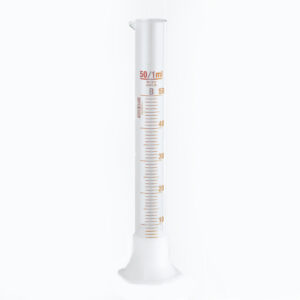Description
- Made of soda lime glass
- In compliance with DIN EN ISO 4788
- Calibrated ”In” (to contain)
- Autoclavable (without plastic base)
- Well legible numbers and graduations
- With spout
- With hexagonal base made of white plastic (PE)
What is Soda-Lime Glass?
Soda-lime glass is the most common type of glass used in everyday applications, such as window panes, bottles, and jars. It is made from a mixture of silica (silicon dioxide, SiO₂), sodium oxide (Na₂O, derived from soda ash), and calcium oxide (CaO, derived from limestone). This composition makes up about 90% of all glass produced, due to its affordability, ease of production, and versatility.
Composition of Soda-Lime Glass:
- Silica (SiO₂) – Approximately 70-75%:
- Silica forms the primary structure of the glass, providing transparency and hardness.
- Sodium Oxide (Na₂O) – Approximately 12-15%:
- Sodium oxide (or soda ash) lowers the melting point of silica, making the glass easier to shape and manufacture. However, it also makes the glass more prone to water attack, which is balanced by the addition of lime.
- Calcium Oxide (CaO) – Approximately 5-10%:
- Calcium oxide (lime) improves the chemical durability of the glass, making it less water-soluble and more stable. It also increases the hardness and resilience of the glass.
- Other Minor Components:
- Magnesium Oxide (MgO) and Aluminum Oxide (Al₂O₃) may be added to enhance stability and hardness.
- Various metal oxides (e.g., iron oxides) can be added to adjust the color or specific properties of the glass.
Properties of Soda-Lime Glass:
- Transparency: Clear and transparent, making it ideal for windows and glass containers.
- Lower Thermal Resistance: Compared to borosilicate glass, soda-lime glass has a higher thermal expansion coefficient (about 9 x 10^-6/K), which means it is more prone to thermal shock and can crack if exposed to rapid temperature changes.
- Brittleness: Soda-lime glass is relatively hard but brittle, so it can break into sharp pieces upon impact.
- Lower Cost: It is inexpensive to produce, making it widely used for mass-produced glass products.
Advantages of Soda-Lime Glass:
- Cost-Effective: Its ingredients are abundant and inexpensive, making it the most economical type of glass for mass production.
- Versatility: Can be molded into a wide range of shapes and sizes, suitable for many uses from packaging to building materials.
- Recyclability: Soda-lime glass is recyclable, which helps reduce environmental impact when used in products like glass bottles.






